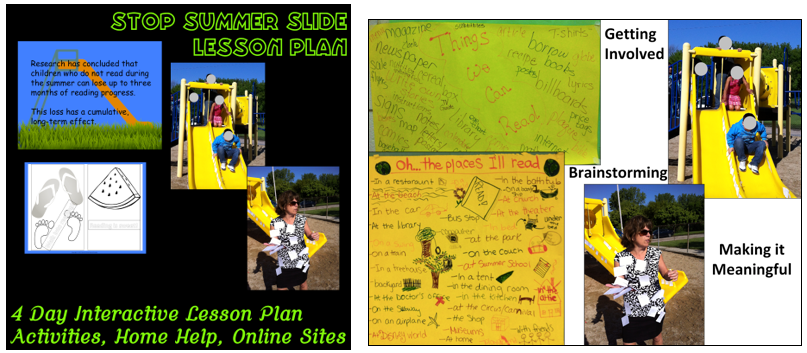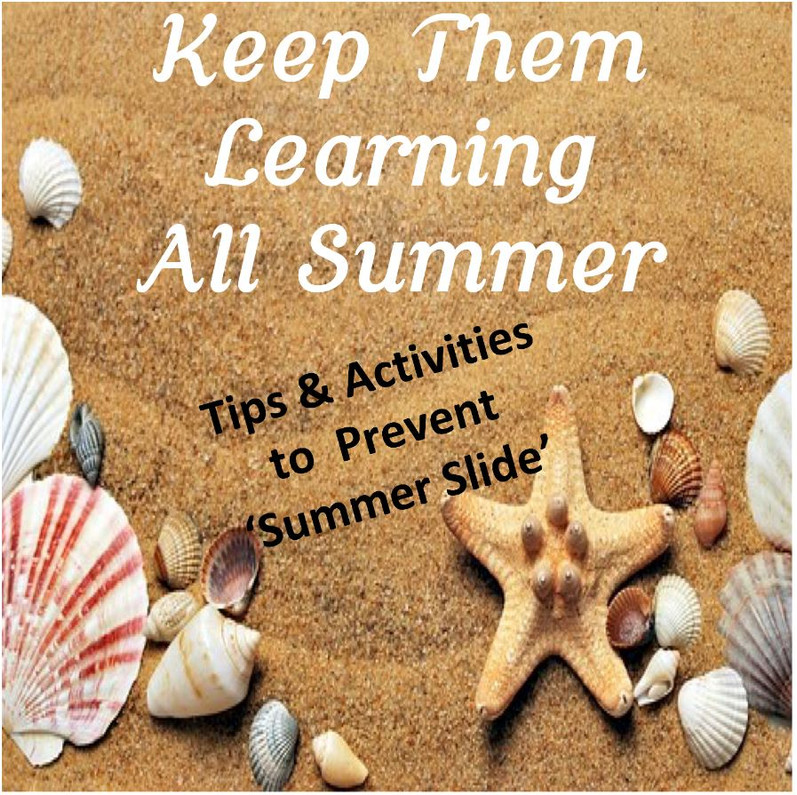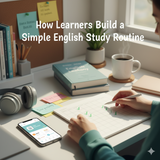Keep Them Learning All Summer
Keep Them Learning All Summer
Written by © MonicaCreatesLLC 2019
What Research Shows About Summer Slide
Research concludes that children who do not read and/or continue learning throughout the summer, can lose up to three months, or 22%, of the progress they made during their school year. This loss is most prevalent in grades K-2 and has a cumulative, long-term effect. Studies show that this loss consumes up to 4-6 weeks of re-teaching at the beginning of each school year. Using these finding, cumulative loss, by grade 2, could consume most of the first semester.
Dire as this may be, there are ways to combat summer learning loss. Most of the continued learning falls on the students care-givers; but the teacher can make an impact on the students before summer break and arm them with fun, free or inexpensive, activities that will have active and learning!
How to Help In the Classroom
- Establish a love for reading throughout the school year. Read a variety of genres, topics, and content to your students every day and allow time for them to read individually.
- Partner with your local library. Libraries will often offer to come to the school and sign students up with a library card. My school had the book mobile come, sign students up with library cards, and gave students flyers with dates, times, and locations for book mobile in the students neighborhood.
- Send families information for free access to reading materials. This can be accomplished through a school or classroom website or Facebook page, open house, family nights at school, or… Be creative and share your ideas!
- Collect reading (math, science, social studies) material. Several locations recycle/exchange reading materials. Maybe a Dr’s office has old Highlights or similar, your children’s/parents/neighbors who have outgrown books, toys, or games. The local travel agency may have old maps and tourist books. A local sports team may have brochures, seating charts, record books or are running a contest. A restaurant or grocery store may have old cookbooks, measuring tools, or boxes that’ll allow for child creativity. An additional incentive to those donating toys, objects, books, etc.; a tax deduction. Be Creative, you know your local area and what’s available.
- Set summer reading goals. Have a ‘back to school’ celebration or giveaway to completed reading logs, creative places to read, types of reading completed, etc. During Open House, display student summer projects - a recipe learned, a project completed, a picture painted, a list of new words learned, etc.
How to Help At Home
- Encourage parents to put down their devices and talk with their child. On a drive, look for different shapes, count the number of cars on a train you’re waiting to cross, or look for words on signage. Cook together, and talk about measuring, temperature, why you melt butter, etc. Read the comics, sports stats, a book, directions, etc. together. Look at the sky and find shapes in the clouds, go for a walk, play hide-n-seek, have a picnic on the porch and just talk.
- Encourage parents to have their child write - a grocery list, a poem, a sentence, jokes, a math problem, questions they have, things they have learned, dreams, postcards, etc.
- Encourage parents to play games with their child. A card game, board game, trivia questions, hide-n-seek, kick the can, Mother My I, etc.
- Encourage parents to incorporate math in their everyday life. This might be measuring, counting steps on a walk, estimating the time to complete a task, tangrams, keeping score or stats at a sporting event, predicting an outcome, etc.
- Encourage parents to spark creativity in their child. Give them an old box and have them create something, sidewalk chalk, squirting water bottles, coloring books, cooking, build a birdhouse, Legos, sticks, etc.
- Encourage parents to encourage and challenge their child to. Be creative. Have Fun.
Read Something Every Day
Encourage your child to take advantage of every opportunity to read.
Activities:
• Read about an activity you will do (going to the beach, seeing a movie, having a sleepover)
• Library: Visit the library or the Bookmobile.
• Be an Example: Read. (the newspaper, a magazine at the Dr. office, a recipe)
• Talk: Talk with your child about what they are reading. (Do they like the story, does it remind them of something, did they learn anything?)
• Read: Read aloud to your child and have them read to you.
Online Resources
(Click on link or type into your browser)
Books & Stories
http://www.magickeys.com/books/
www.storyjumper.comhttps://www.poets.org/poetsorg/poems-kids
Poems
http://www.shelsilverstein.com/
https://www.poets.org/poetsorg/poems-kids
https://www.poetry4kids.com/https://www.poets.org/poetsorg/poems-kids
Do It on the Cheap
Dollar Store Shopping List
Balloons Chalk (sidewalk chalk is best) Beach Ball
Index Cards Mini Balls (football, baseball, soccer)
Water Squirter Play-Doh
Balloons
Phonics/Sight Word Games
OPTIONS:
Chalk
Hopscotch:
- Draw hopscotch template
- Fill each section with a letter, sight word, phrase, etc.
- Play hopscotch: toss a marker (stone), hop to where it lands, read/do what the section
States.
Search:
- Randomly write letters (upper case and/or lower case,) or sight words on the ground.
- Call out a letter or word and the child finds and stands on it.
Twister:
- Create a grid, putting a letter, sight word, term, etc. in each square
- Call out given term. Child stands on it. Repeat with other children. All stay put.
- Repeat above step. Child must keep a foot or hand on the first spot and use another
hand or foot to touch the second directive.
- Repeat.
Trace:
- Randomly write letters (upper case and/or lower case) sight words, terms, etc.
- Call out term. Child traces each.
Tracing Options
- Water squirter, chalk, walk, drive a small toy vehicle, etc.
Beach Ball
Catch and Read:
- Write letters (upper case and/or lower case,) sight words, etc. on the ball.
- Play catch. Child is to read what is under (or near) their right (or left) hand.
Variations:
- Say or spell a word that starts with that letter.
- Use the word in a sentence.
- Write the word in chalk, with a water squirter, in the air, etc.
Mini Balls
Toss 'n Read:
- Write letters (upper case and/or lower case,) sight words, etc. on index cards.
- Toss a ball, read the letter/word/term hit or is closest to
Variations:
- Toss into holes cut in a box or into hula-hoops.
Play Dough
Mold and Read:
- Write letters (upper case and/or lower case,) sight words, etc. index cards.
- Child molds the play doh over the term.
ANY OF THESE ACTIVITIES CAN EASILY BE CONVERTED TO ANY SUBJECT MATTER
Please click the below link for a FREEBIE to send home for parents.
FREEBIE - Keep Them Learning All Summer - Parent Handout
FIND RESOURCES HERE:

4 Day Lesson Plan for Preventing Summer Slide
Recent Posts
-
Simple English Study Routine for Consistent Learning
How Learners Build a Simple English Study Routine Learning English does not require complex systems …Feb 3rd 2026 -
“Teachers And Careers: How to Help Students Pick Their Career Paths”
Career Overview: How Schools Can Help Students Choose the Right Profession Let’s agree that choosing …Feb 3rd 2026 -
Reducing Hand Fatigue: Techniques with Paper Scoring Creaser
Reducing Hand Fatigue: Techniques with Paper Scoring Creaser Reducing hand fatigue when working with …Dec 12th 2025



